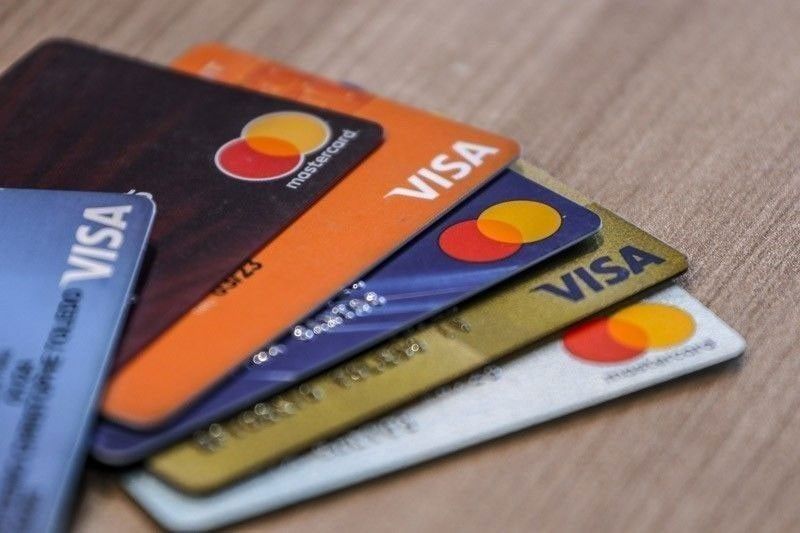Higher credit card rates help banks cover costs

MANILA, Philippines — The higher ceiling on interest rates or finance charges on all credit card transactions is seen aiding banks cover the cost of helping consumers amid the series of aggressive rate hikes delivered by the Bangko Sentral ng Pilipinas (BSP) last year.
BDO Unibank Inc. said the decision of the Monetary Board to raise the rate cap to three percent per month or 36 percent per annum from two percent or 24 percent per annum would help banks cope with rising costs of providing credit.
“We echo the view of BSP Governor Medalla that the increase in interest rate cap on credit card transactions will allow banks to cover higher costs related to handling consumer transactions, facilitate financial inclusion, and help the banks cover the cost of providing credit to consumers in a rising rate environment,” it said.
The central bank raised key policy rates by 350 basis points last year to tame inflation and stabilize the peso. This brought the benchmark interest rate to a 14-year high of 5.50 percent after a 200-basis point reduction to an all-time low of two percent in 2020 as part of its COVID-19 response measures.
However, the BSP decided to retain the two percent cap that was put in place in November 2020 to help ease the burden of Filipino consumers amid the global health crisis.
Jojo Ocampo, executive vice president and head of unsecured lending at Ayala-led Bank of the Philippine Islands (BPI), told The STAR that the higher ceiling helps boost the push towards financial inclusion in the country.
“We are supportive of this move by the BSP as it will allow credit card issuers to have elbow room to give more value and rewards to clients, as well as have more accommodating policies to service credit card applicants, which will strengthen the industry’s thrust towards financial inclusion,” Ocampo said.
Likewise, Metropolitan Bank & Trust Co. (Metrobank) believes the decision to adjust the cap higher would help banks deliver more meaningful services to customers.
“We support this move by the central bank as it provides credit card issuers flexibility in coping with current market conditions. More importantly, it enables the card businesses to give even more meaningful services to our customers,” Metrobank head of consumer business sector Ramon Del Rosario said.
On Monday, the 17-member Credit Card Association of the Philippines (CCAP) said the 100-basis-point hike in the cap on all credit card transactions is part of the central bank’s calibrated responses to the present economic situation.
“CCAP backs the BSP in pursuing various options using monetary tools to help many Filipinos, particularly the micro, small and medium enterprises, cope with rising consumer prices, boost consumption and tourism, and ultimately aid in the country’s economic recovery,” the umbrella organization said.
According to CCAP, credit card issuers continue to support the BSP’s mandate of maintaining monetary stability and the overall soundness of the Philippine financial system.
“With the pandemic spurring the rapid adoption of consumers of new virtual payment technologies, credit cards serve as an effective, safe and convenient payment tool that drives and contributes to the overall digitization goal of the country,” it said.
CCAP said market-driven rates would help, not only in boosting competition in the industry, but in accelerating financial inclusion and creating a cashless society as envisioned by the BSP.
With the further reopening of the economy, latest data from the BSP showed credit card loans jumped by 26.5 percent to P539.25 billion in end-November last year from P426.22 billion a year earlier.
- Latest
- Trending




























